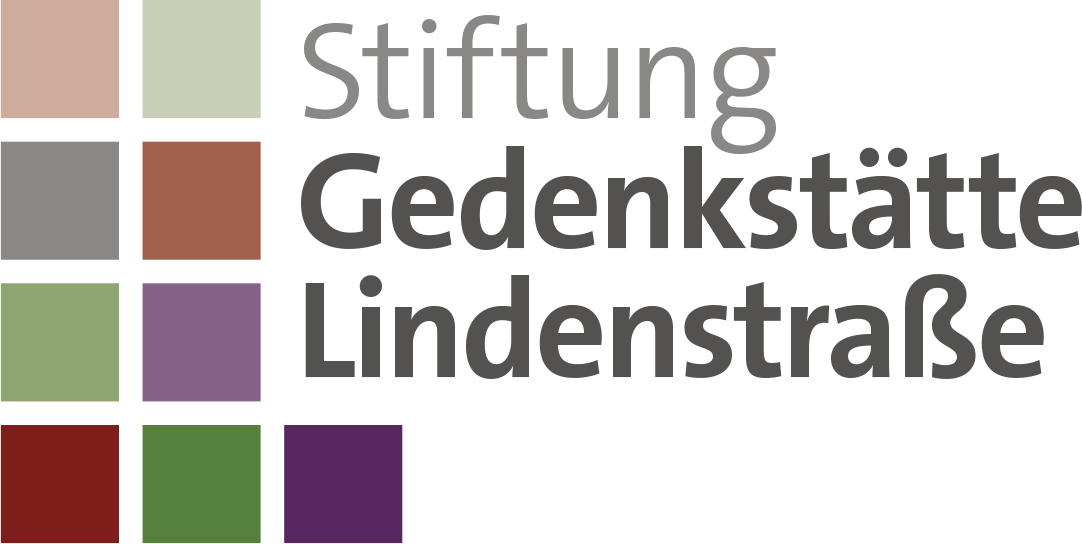With the rise to power of the National Socialists in January 1933, Lindenstrasse 54/55 became the site of political and racial persecution. Jurisprudence played a key role in these forms of persecution in the Third Reich. New laws were passed in order to legitimise Nazi terror. Existing laws were gradually eroded, depriving minorities and people with alternative political views of protection: the law on the “protection of German blood and German honour” was passed in September 1935, the “ordinance supplementing the penal provisions for the protection of military strength” in November 1938, and the “Polish and eastern worker decrees” in 1941.
Potsdam local court persecuted Jewish women and men for “violating the compulsory Jewish identification rules” or alleged “racial defilement”. Members of the opposition were detained in the court prison. After the outbreak of war in 1939, most of those detained in Lindenstrasse were forced labourers from the occupied territories. Many were accused of “breach of employment contract”, “refusal to work”, “food theft” or “black marketeering”. Forced labourers from eastern Europe were subject to stricter special laws.
From 1934 onwards, the Potsdam Hereditary Health Court convened in the front house at Lindenstrasse. It was one of more than 200 hereditary health courts established in the German Reich on the basis of the “law for the prevention of hereditarily diseased offspring”, which came into force on 1 January 1934. The responsible judges and appraisers in Potsdam ordered compulsory sterilisations to be carried out in more than 3,300 cases. For those classified as “hereditarily diseased”, this judgement did not generally signal the end of persecution by the National Socialist authorities. After sterilisation, many fell victim to the Nazi “euthanasia” programme – the systematic murder of the sick in sanatoriums and convalescent homes.
From 1943 onwards, the prison at Lindenstrasse 54/55 was also used as remand prison for the People’s Court in Berlin. For the Nazi regime, this was an important instrument of terror. As a special court dealing with acts of treason and high treason, the People’s Court condemned all forms of resistance to the National Socialist dictatorship. Due to bomb damage, the court transferred several administrative units from Berlin to Potsdam, where it convened at Kaiser-Wilhelm-Straße 8 (today Hegelallee). At least 55 people were condemned to death by the People’s Court in Potsdam.
